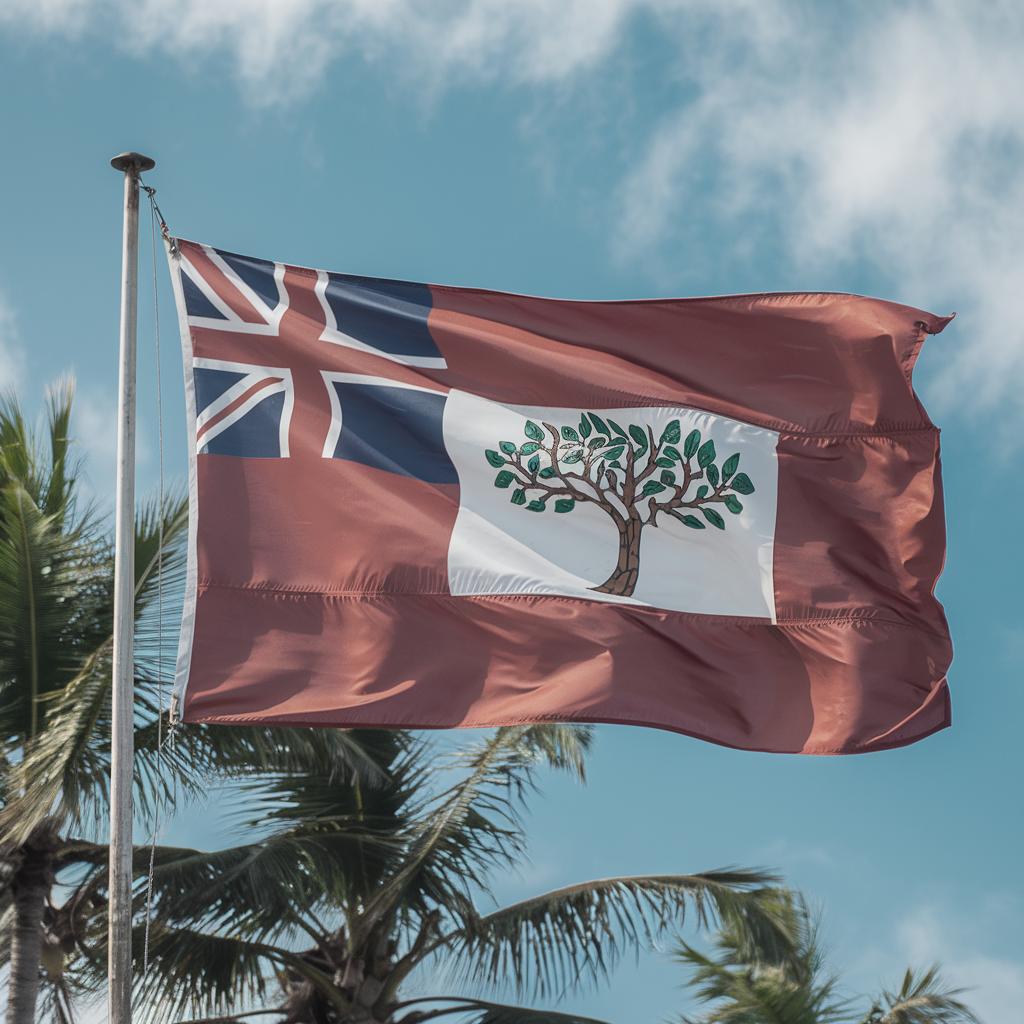The World of Cook Islands Trusts Explored
In today’s increasingly interconnected world, asset protection and financial privacy have become paramount among global investors. One strategic avenue to achieve these goals is through a Cook Islands Trust. This article delves into the essence of a Cook Islands Trust, explores the reasons to set one up, outlines the myriad benefits they offer, and candidly discusses potential pitfalls. Furthermore, it provides a step-by-step guide on establishing a Cook Islands Trust to safeguard your assets effectively. With insights to help you navigate the nuanced world of offshore trusts, this piece serves as an invaluable resource for those considering leveraging this powerful tool.
What Is A Cook Islands Trust?
A Cook Islands Trust is a legal entity created under the jurisdiction of the Cook Islands, located in the South Pacific. It is renowned for its robust asset protection features, making it a preferred choice for individuals seeking to safeguard their wealth against potential future liabilities. Established via legislation first enacted in 1984, it remains one of the most favored offshore trusts due to its formidable legal shields and the privacy it affords to its grantors and beneficiaries.
At its core, a Cook Islands Trust is designed to protect assets by transferring legal title to a trustee, while beneficial control remains with the intended beneficiaries. This separation of legal and beneficial ownership provides an extra layer of security; by making the trust assets much less accessible to creditors or legal judgments from outside the jurisdiction of the Cook Islands. Consequently, investors and asset-holders often consider it a bastion for securing their financial legacies.
Why Set Up A Cook Islands Trust
One primary motivation to establish a Cook Islands Trust is the unmatched asset protection it affords. Unlike domestic trusts that can sometimes be penetrated by aggressive litigation, a Cook Islands Trust creates substantial barriers for creditors due to its stringent legal framework. This makes it an ideal solution for individuals prone to lawsuits, such as business owners or professionals like doctors and lawyers.
Another reason is the confidentiality the trust structure offers. Cook Islands Trusts maintain strict privacy laws, ensuring the identities of the parties involved remain secretive. For many, the allure lies in this anonymity, allowing them to conduct financial affairs without unwarranted public scrutiny. Additionally, the trust provides jurisdictional advantages in terms of tax efficiency, as Cook Islands do not impose taxes on trusts established by non-residents.
Benefits Of A Cook Islands Trust
The foremost benefit of a Cook Islands Trust is its ability to withstand legal challenges, offering unparalleled protection from foreign judgments. This protection stems from the necessity for any legal action against the trust to occur within the Cook Islands jurisdiction, which is a cost-prohibitive and arduous process for creditors. Additionally, the statute of limitations applicable to contest a trust is notably brief, often leaving creditors scant opportunity to succeed.
Besides asset protection, these trusts provide added financial benefits, such as estate planning efficiency and potential tax advantages. They serve as a strategic tool for succession planning, ensuring a seamless transfer of wealth through generations. Furthermore, while the trust does not inherently provide tax relief, its structure can be efficiently used alongside other tax planning mechanisms to optimize an individual’s tax situation globally.
Pitfalls Of An Offshore Trust
Despite the many benefits, establishing an offshore trust in the Cook Islands is not without its challenges and potential downsides. Primarily, these include the initial setup and ongoing administrative costs, which can be substantial. As such, this option tends to suit those with a significant asset base to justify such expenses.
Moreover, legislative changes in home countries and international regulations can impact the effectiveness of an offshore trust. The evolving global landscapes of tax laws and treaties mean that trust structures might face scrutiny or additional compliance requirements. It’s crucial for individuals to stay informed and consult with legal and financial advisors to navigate these complexities effectively.
How To Set Up A Cook Islands Trust
Setting up a Cook Islands Trust involves a methodical approach to ensure compliance and maximize its benefits. The first step is to engage a seasoned legal advisor, preferably someone with expertise in offshore investments, to provide guidance throughout the process. This advisor helps in drafting a trust deed that defines the terms, assets, and parties involved.
After drafting the trust deed, the next phase involves selecting a reliable trustee, generally a Cook Islands-based trust company with proficiency in managing such trusts. This ensures adherence to local laws and offers peace of mind in trust administration. Lastly, ensure that all requisite compliance measures are met, including any relevant international reporting obligations. This will help avoid future legal entanglements and reticent complications.
Lessons Learned
| Aspect | Details |
|---|---|
| Understanding | Asset protection and privacy are key reasons for setting up Cook Islands Trusts. |
| Advantages | Offers significant legal protection and estate planning efficiency. |
| Challenges | Costly to set up and subject to changing international regulations. |
| Setup | Requires a professional legal advisor and a reliable Cook Islands trustee. |


